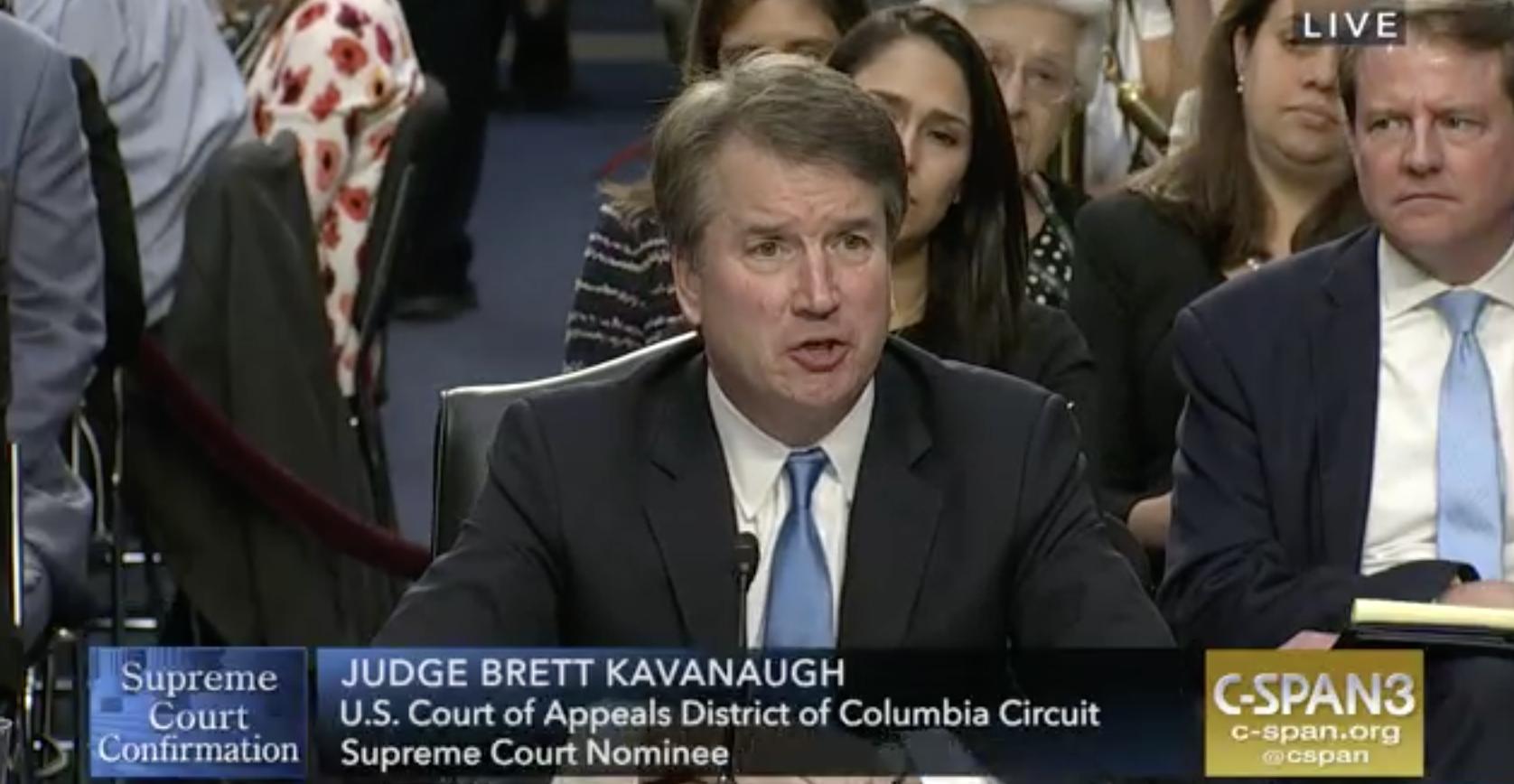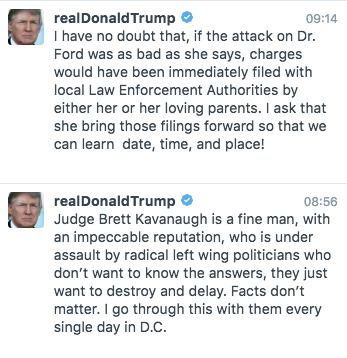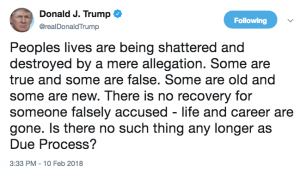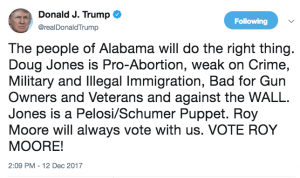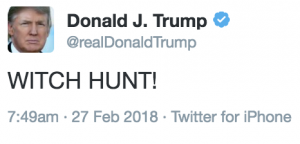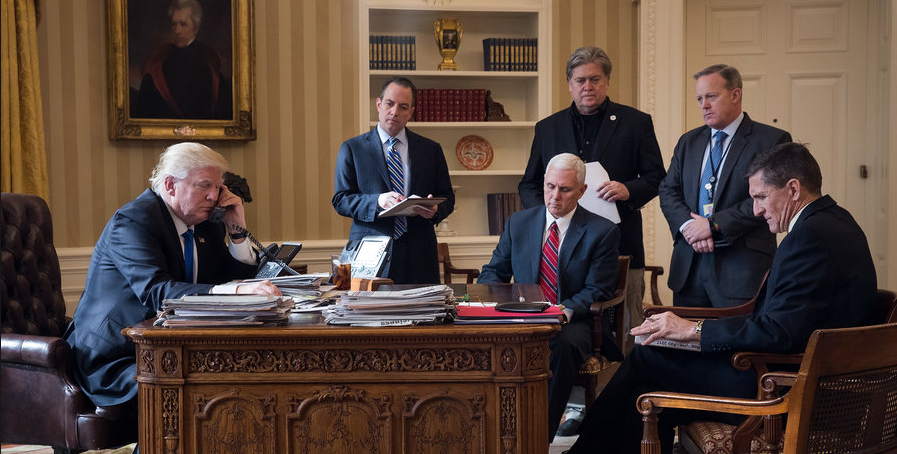Brett Kavanaugh’s Character Witnesses: Ken Starr, Bill Shine, and Donald Trump
Over the last week, some pretty curious character witnesses have come out to insist that Brett Kavanaugh is a nice man who would never sexually assault someone else.
First, there’s Ken Starr, who judged that Christine Blasey Ford had had her opportunity to come forward and had not done so, and so “the matter has adjourned.”
As someone who’s interested in process and fairness, obviously any allegation of this nature is an unfortunate serious allegation, but to be honest, I was outraged about the timing, as well as the process, that the letter, about something long ago, was in the hands of — you covered it very well — of the Democrats in July, and yet there is nothing done about this. I just think it’s too late for there to be any serious consideration at this stage. The matter has adjourned. You had your opportunity to come forward and you failed to do that year after year after year.
Starr was forced to resign as president of Baylor University in 2016 for his role in covering up sexual assault committed by members of the football team. The report that led to his firing specifically talked about a culture of victim-blaming on behalf of administrators.
In addition, the investigations were conducted in the context of a broader culture and belief by many administrators that sexual violence “doesn’t happen here.” Administrators engaged in conduct that could be perceived as victim-blaming, focusing on the complainant’s choices and actions, rather than robustly investigating the allegations, including the actions of the respondent.
Then, yesterday, Bill Shine said that the White House stands by Kavanaugh 100%.
“We stand behind Judge Kavanaugh 100 percent,” Bill Shine, deputy WH chief of staff for communications, told us a few minutes ago in the Rose Garden. He did not say whether Kavanaugh should testify alone on Monday.
Shine was forced to resign from Fox News in 2017 after he was accused of attacking the victims of Roger Ailes’ sexual harassment.
In a case settled in December (the dollar figure is under wraps), Shine was accused of retaliating against a woman who declined to have a sexual relationship with Ailes. In another lawsuit, a woman who complained to Shine about Ailes’ behavior said he told her that he was “a very powerful man” and that she “needed to let this one go.” A third woman, who said she was psychologically tortured by Ailes for 20 years, was, at one point sent to live in a hotel for six weeks where senior leaders at Fox could “monitor” her. She claims that Shine reviewed all of her emails, which he denies.
Finally, this morning, Donald Trump joined in, both defending Kavanaugh’s honesty and (echoing Starr’s line) suggesting that because Ford didn’t file a police report, the attack must not have happened.
This defense of an alleged abuser mirrors the ones Trump made for Rob Porter, in which he complained that mere allegations shattered his life before hailing the good job he did at the White House.
We found out about it recently, and I was surprised by it, but we certainly wish him well, and it’s a tough time for him. He did a very good job when he was in the White House, and we hope he has a wonderful career, and he will have a great career ahead of him. But it was very sad when we heard about it, and certainly he’s also very sad now. He also, as you probably know, says he’s innocent, and I think you have to remember that. He said very strongly yesterday that he’s innocent, so you have to talk to him about that, but we absolutely wish him well. He did a very good job when he was at the White House.
According to Bob Woodward’s book (which relied heavily on Porter as a source), Kavanaugh recommended Porter for his old position as Staff Secretary.
And also the defense he mounted for Roy Moore, where he emphasized Moore’s denials even while continuing to campaign for him.
“He denies it. Look, he denies it,” Trump said of Moore. “If you look at all the things that have happened over the last 48 hours. He totally denies it. He says it didn’t happen. And look, you have to look at him also.”
To be sure, with Kavanaugh there’s no hint of serial abuse, as there was when Trump took the side of both Porter and Moore. Which is why Republicans should be really cautious about who comes out in defense of Kavanaugh. Because his character witnesses damn him as much as his unconvincing denials.

